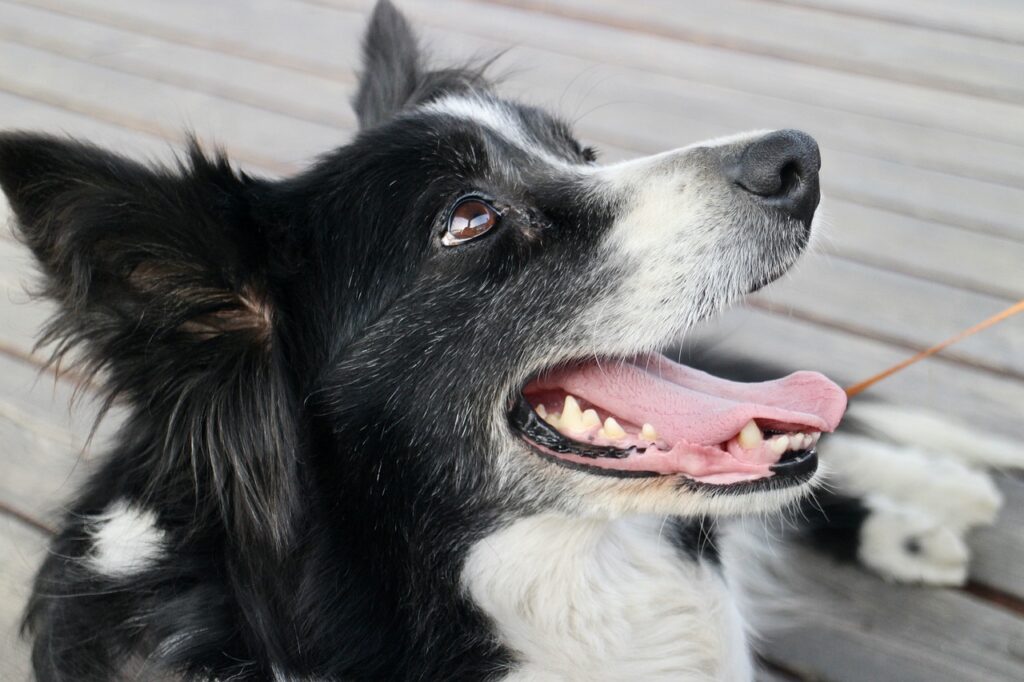Can Dogs Eat Basil? – Yes, They Can
Dogs can safely enjoy basil in small amounts. This fragrant herb, known for its use in many dishes, is non-toxic and can offer some health benefits to your furry friend. As with any new food, it’s important to introduce basil gradually to your dog’s diet and observe for any adverse reactions.
Can Puppies Eat Basil?
Yes, puppies can also have basil. However, it should be given with extra care. Puppies have developing digestive systems and introducing new foods can sometimes upset their stomachs. If you decide to give your puppy basil, make sure it’s in very small quantities.
Things to consider when feeding basil to puppies?
When feeding basil to puppies, it’s essential to consider their delicate digestive systems. Only offer basil sporadically as a treat and not as part of their main diet. Starting with a tiny piece of a basil leaf will allow you to monitor their reaction and ensure it doesn’t upset their tummy.
Nutritional Benefits of Basil for Dogs – Why Basil is Good for Dogs?
Antioxidant Properties
Basil is packed with antioxidants, which can help combat free radicals in your dog’s body, promoting overall health and reducing inflammation.
Anti-Bacterial & Anti-Viral Effects
This herb has natural anti-bacterial and anti-viral properties that may help in guarding your dog against infections.
Digestive Health
Basil can aid in digestion and may help to relieve minor digestive upsets when used in moderation.
Rich in Vitamins
It provides a good source of Vitamins A, C, and K, essential for your dog’s vision, immune function, and blood clotting processes.
Reduces Stress
Basil has been known to have a calming effect, potentially reducing stress and anxiety levels in dogs.
Potential Allergies: Can Dogs Be Allergic to Basil?
While it’s uncommon, dogs can be allergic to any food, including basil. It’s important to watch for signs of an allergic reaction, especially when introducing any new food into their diet.
Symptoms of Basil Allergies in Dogs
- Skin Irritation : Monitor for any itching or rash on the skin, which could be indicative of an allergy.
- Gastrointestinal Upset : Look out for symptoms like vomiting or diarrhea, as these could signal an intolerance to basil.
- Respiratory Issues : Observe for any difficulty breathing or excessive coughing after consumption.
What to Do If Your Dog Shows Symptoms?
- Stop Feeding Basil: If you notice any adverse reactions, discontinue feeding basil immediately.
- Consult Your Vet: Seek advice from your veterinarian to ensure proper diagnosis and treatment.
- Monitor Your Dog: Keep an eye on your dog’s symptoms and behavior, and report any changes to your vet.
Recommended Amount: How Much Basil Can a Dog Consume?
The recommended quantity of basil for a dog largely depends on the dog’s size and overall health. Generally, a small sprinkling of chopped basil leaves over your dog’s meal is enough. It should be considered as a treat and not a staple of their diet.
Things to Consider When Feeding Basil to Dogs
While feeding basil to your dog, it’s crucial to ensure it’s fresh and washed to remove any pesticides. Also, keep in mind that basil is only a supplement and should not replace the main components of your dog’s diet.
How to Feed Basil to Dogs: A Quick Guide
Basil can be a delightful addition to your dog’s meals when used correctly. Here’s how to safely introduce this herb into their diet.
Simple Basil Garnish
Finely chop a fresh basil leaf and sprinkle it on top of your dog’s usual meal for a burst of flavor.
Basil-Infused Water
Add some basil leaves to your dog’s water bowl to gently infuse the water with basil’s beneficial properties.
Homemade Basil Dog Treats
Combine some minced basil leaves into your dog’s homemade treat recipe, ensuring that all other ingredients are dog-safe.
Conclusion
In conclusion, basil can be a safe and nutritious treat for dogs when used in moderation. Always pay close attention to your dog’s reaction when introducing any new food, and consult with your vet if you notice any signs of allergies or if you have any concerns about your dog’s diet.



